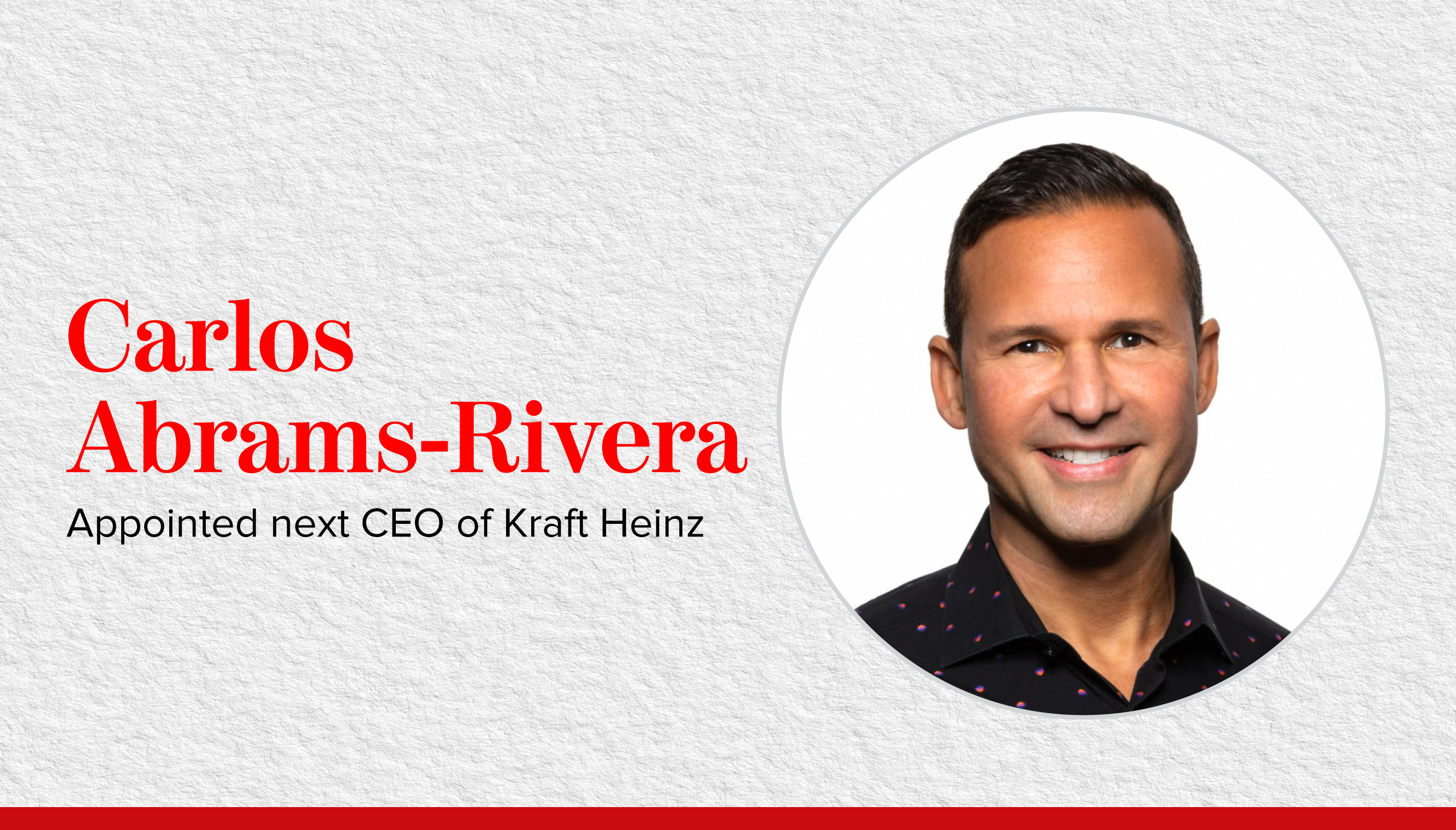
A Conversation on Race and Identity for Afro-Latinos in Corporate America
Near the end of Black History Month, the Hispanic Association on Corporate Responsibility held a webinar on the experiences of Afro-Latinos in the workplace.
According to the Pew Research Center, 24% of Latinos in the United States consider themselves Afro-Latino. Of that 24%, 18% consider themselves Black, while another 9% consider themselves multiracial.
The numbers show that the Afro-Latino community is representing a growing segment of the population. Their presence is also represented within Corporate America, albeit in smaller percentages.
On Feb. 22, 2022, the Hispanic Association on Corporate Responsibility (HACR) hosted a webinar called Afro-Latinos in Corporate America: A Conversation on Race and Identity. The event was hosted by the organization's Vice President of Strategic Engagement and Initiatives, Yai Vargas. The three panelists featured were Julie Félix, senior manager of diversity recruiting and programs at Western Digital; Julissa Ramirez, technical program director at Google Cloud; and David Sotolongo, senior director of global diversity, equity, and inclusion at Regeneron.
During the webinar, the panelists talked about a variety of topics. They include being a Latinx person of color in the corporate workplace, their unique perspectives on race, inclusivity within the individual Latinx and Black communities, and obstacles they have overcome in the workforce.
The first topic that was discussed was identity. All three panelists or their families come from the islands; Félix’s father from Haiti, Sotolongo from Cuba, and Ramirez from the Dominican Republic.
Félix talked about how Haiti isn’t always considered Latino because it’s not a Spanish-speaking country. She shared an older definition of Latino that states that the term includes anyone in Latin America and the Caribbean who speaks a Latin-rooted language. She then said that the term Afro-Latino is a way for her to connect with the multiple layers of her identity and gives her the opportunity “to elevate, and to exalt, and raise issues that are common between both groups.”
Sotolongo mentioned that at the start of his career he used his nationality to get himself a sales representative position in Harlem, where he grew up. He soon realized that doing so made it hard to move on to anything else and that he wasn’t actually showing up as an Afro-Latino. This got him into Diversity and Inclusion so that he could help others who are in similar positions, just like he was helped.
Ramirez talked about how her label for her identity has changed over the years. Before she came to the United States, she identified as Dominican. Once here, she started to identify as Latina, then Afro-Latina. She mentioned that she began to embrace the term Afro-Latina more in college and when she entered the workforce. When she went to California for work, the majority of her Latino co-workers were from Mexico and Central America. Since she was really the only one who looked like her, she began to feel isolated.
She shared a story about wearing her natural hair to work. A co-worker came up and touched her hair, asking if she’d permed it. This reaction made her so uncomfortable that she went into the bathroom and cried. She added that her reaction to this encounter was something that she had to unpack. Ramirez ended her answer by saying, “And now I can proudly say that I either call myself Afro-Latina. Sometimes I identify with Afro-Mestiza based on my background, but it’s definitely been a journey. Very, very difficult,” she said.
RELATED CONTENT
The conversation then moved to being Afro-Latino in the workforce. When discussing psychological safety and emotional tax, Sotolongo used Ramirez’s story as an example of the latter. Emotional tax is defined as how someone has to navigate the workplace and the impact it has on them. Psychological safety is feeling like you’re part of the group and can participate without fear of negative consequences.
When asked for advice for young professionals, the first thing Félix said was that they should assume positive intent, but remember that intent and impact are very different.
She shared a story about a former boss whose comment exemplifies that point. “We were in the process of launching a program for Black and Brown college graduates, a rotational program. I was in a meeting with my direct boss with the head of one of our largest business groups, and then his direct reports. I was the only female, as well as the only Afro-Latina in the room. And so we were talking about these individuals coming on board and my supervisor made a comment around the lines of ‘well, you know, hold on, Bob, let's just hold on for a minute. I don't want this to seem like the NFL, where we have players up on an auction block and we're bidding talent.’”
She asked for a timeout in the meeting and told her boss that she was uncomfortable with the words “auction block” and “bidding” being used towards Black and Latinx candidates because of their association with slavery. Her boss’ immediate reaction was to get defensive and insist that wasn’t what he meant. She reminded him that intent and impact are different.
“As leaders, as people of color in the workplace, we have a responsibility to ensure that our managers understand who's in the room, the cultural context of who’s in the room. And in terms of how… analogies that they need, may use words that they may use may land very differently, depending on who they're talking to, and could be highly offensive,” Félix said.
She talked about how having these conversations can be uncomfortable and somewhat risky.
“But I think if we ever truly want to see progress and more equity in the workplace, then we all have that responsibility,” she added.











LEAVE A COMMENT:
Join the discussion! Leave a comment.